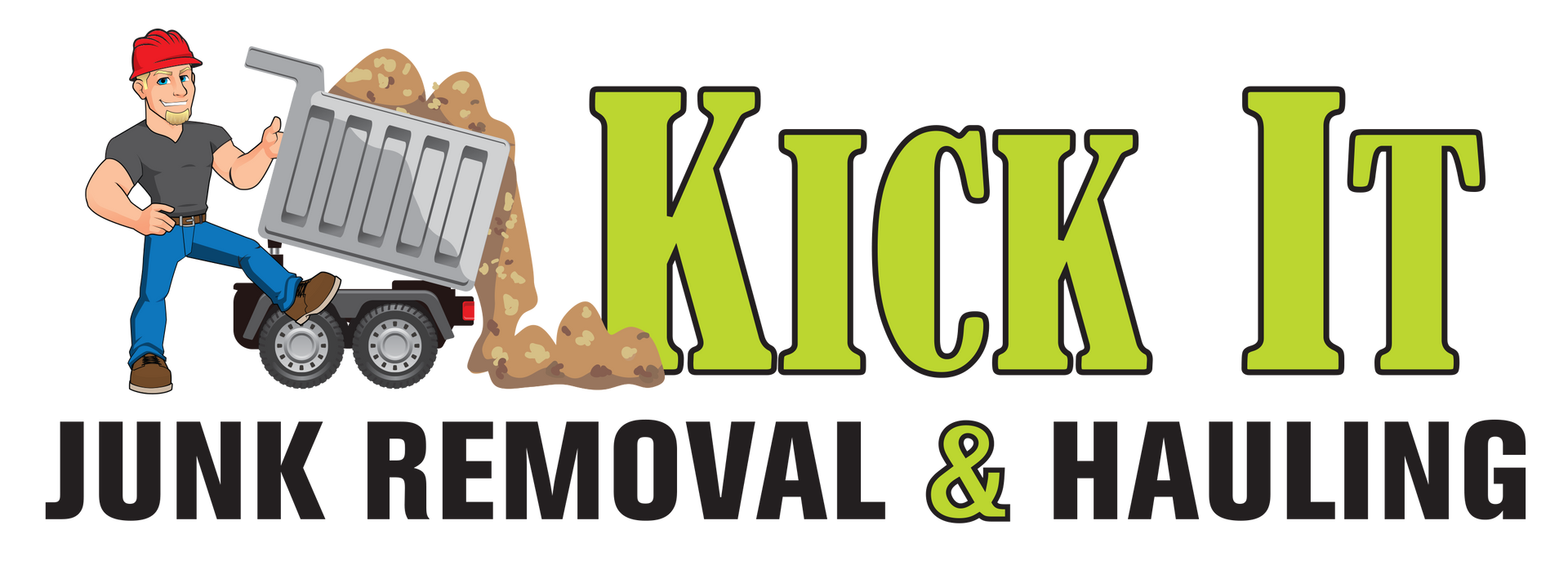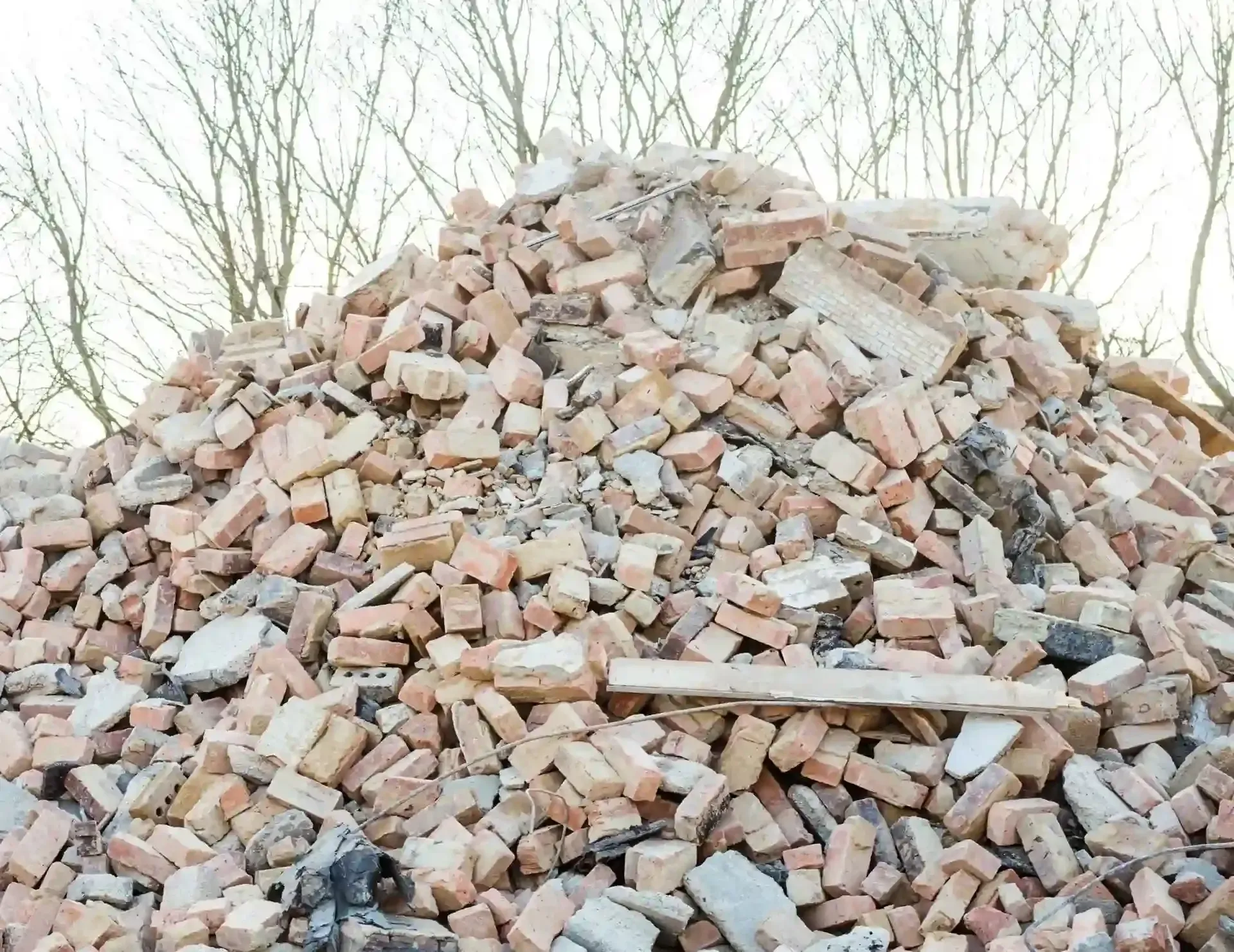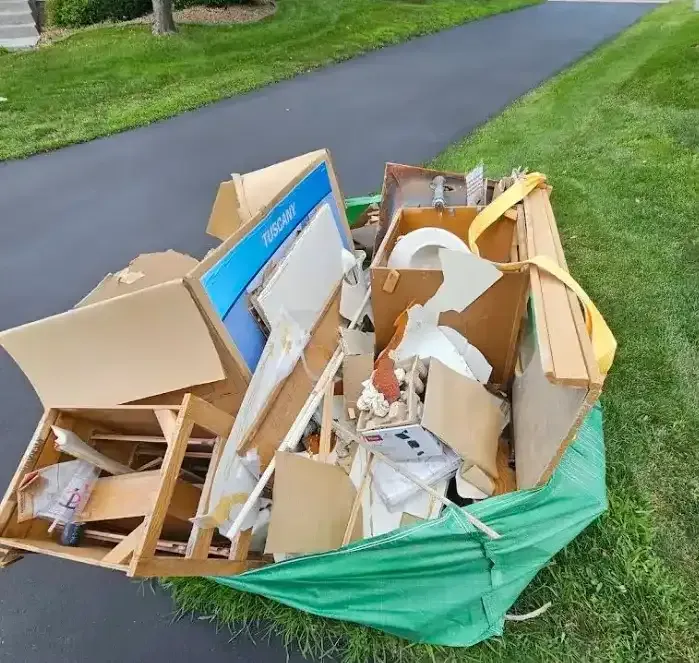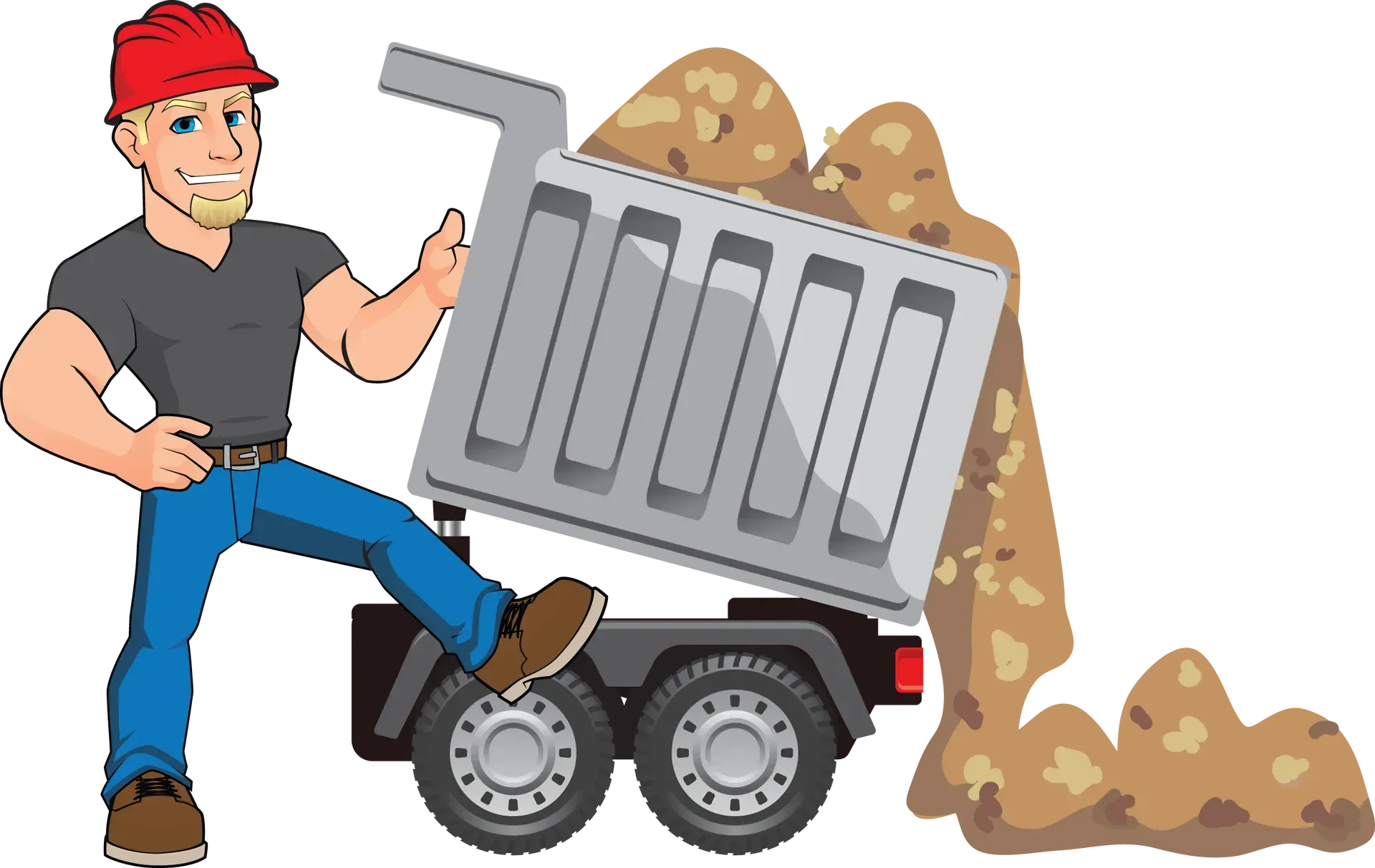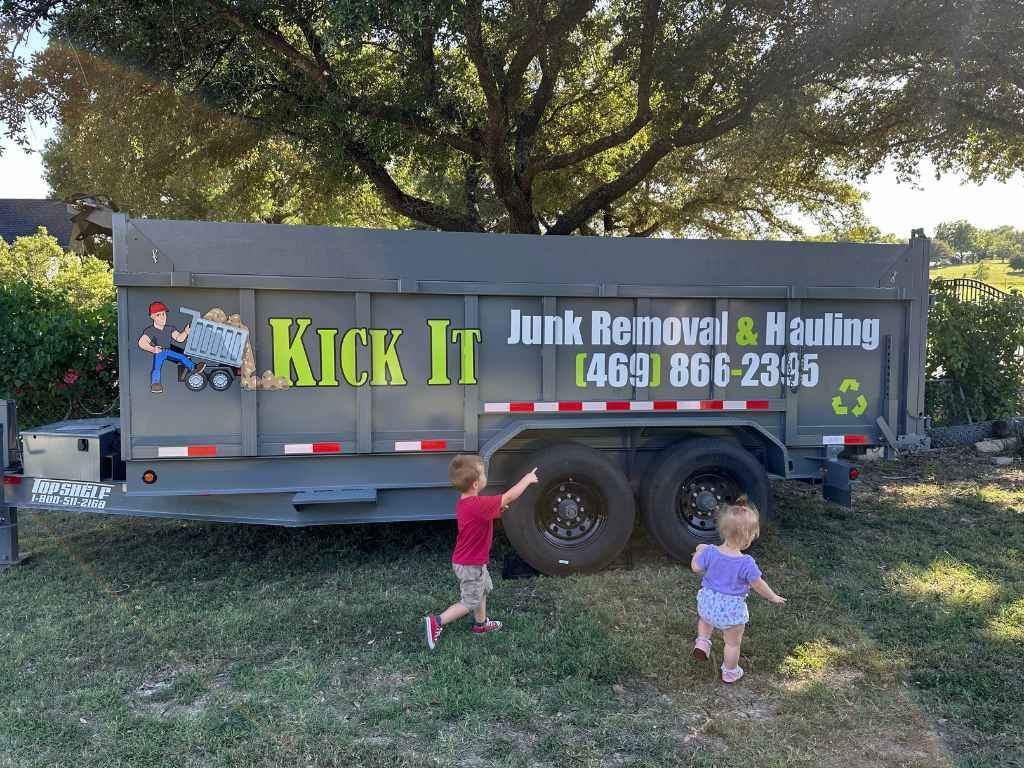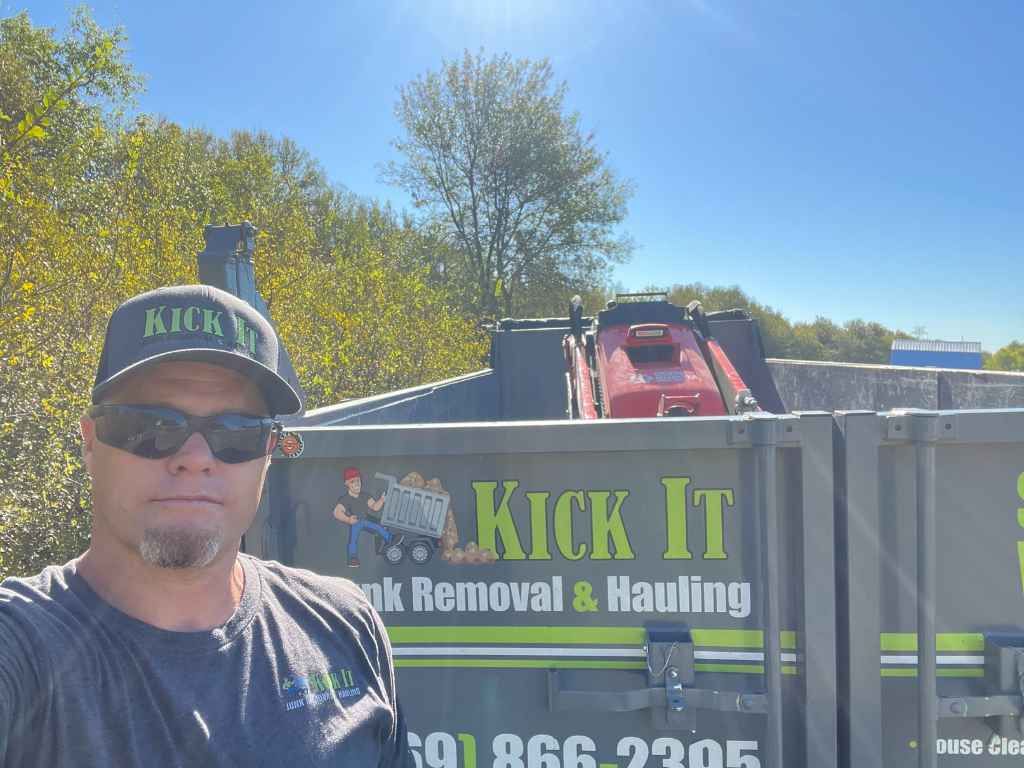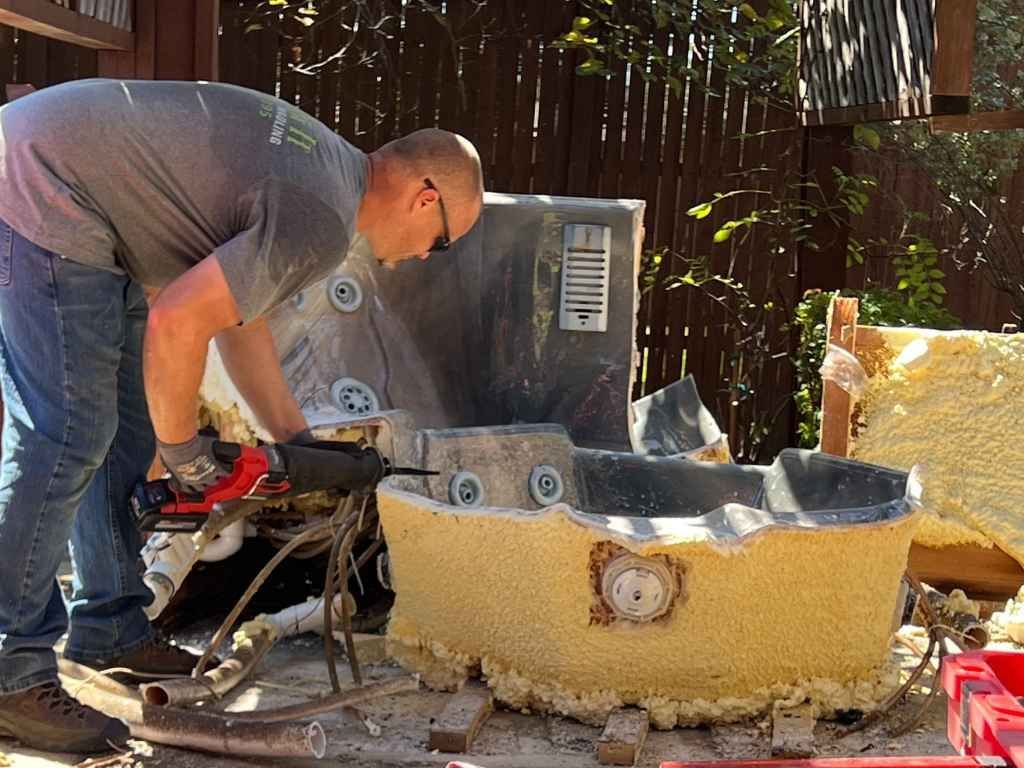How to Deal with Commercial Waste Disposal
Waste disposal is one of the most critical aspects of maintaining a clean and functional business environment. However, commercial waste disposal isn’t as simple as placing a trash can at the corner of your office or warehouse. The process is multifaceted, often requiring careful planning, compliance with regulations, and choosing the right service provider to handle your unique needs. From large office buildings to construction sites, managing waste efficiently not only helps you keep your workplace clean but also contributes to your company’s sustainability efforts.
In this guide, we’ll break down the essentials of commercial waste disposal and explore ways to make it both practical and environmentally responsible. Whether you’re a small retail business or a large industrial complex, understanding the intricacies of waste management will help you make informed decisions and save both time and money.
Effective Strategies for Handling Commercial Waste Disposal
Dealing with commercial waste disposal requires careful planning and effective strategies to ensure a clean and sustainable environment. By categorizing waste into different types such as general waste, recyclables, and hazardous materials, businesses can ensure proper handling. Segregation at the source is essential for simplifying the process, reducing contamination, and improving recycling rates, which also helps reduce disposal costs in the long run.
Choosing a reliable waste disposal service is another crucial aspect of managing commercial waste effectively. Partnering with a company experienced in your industry ensures compliance with local regulations and improves waste management practices. Educating employees about the importance of waste reduction and recycling can further strengthen your waste disposal efforts. A systematic approach to commercial waste disposal not only helps in legal compliance but also supports a greener, more sustainable business model.
Understanding Commercial Waste Disposal
Commercial waste is any kind of refuse produced by businesses during the course of operations. It includes, but is not limited to, paper, cardboard, plastics, metals, electronic waste, construction debris, and hazardous waste. The amount and type of waste a business generates depends on its nature of operations, location, and the type of industry. Waste management services are essential in keeping the workplace organized, complying with environmental laws, and contributing to sustainability.
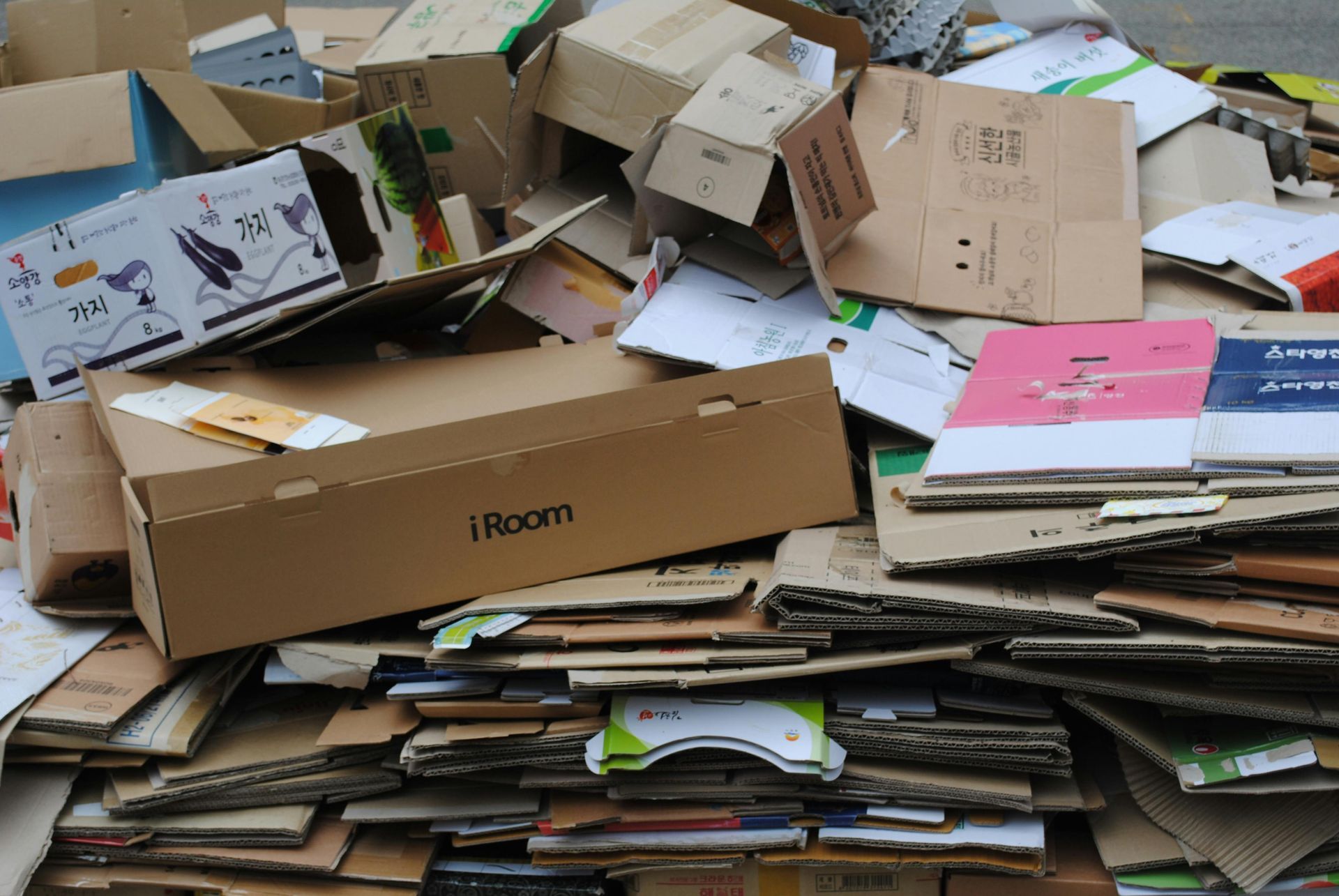
General Waste
This is the everyday waste that includes office supplies like paper, cardboard, plastic bottles, and food wrappers. Most businesses produce a substantial amount of general waste, especially in office settings.
Recyclable Waste
This includes materials that can be processed and reused, such as paper, cardboard, glass, and certain plastics. Proper separation of recyclables reduces waste sent to landfills and minimizes your business’s carbon footprint.
Hazardous Waste
Certain businesses, like those in the healthcare, industrial, or chemical sectors, may produce hazardous waste. This includes substances that are toxic, flammable, or corrosive and require special handling and disposal procedures.
Electronic Waste (E-Waste)
This includes outdated or broken electronics such as computers, printers, phones, and televisions. Improper disposal of e-waste can lead to environmental pollution and harm public health due to the toxic materials these devices contain.
Construction and Demolition Debris
Businesses involved in construction, renovation, or demolition produce large volumes of debris like concrete, metal, wood, and other materials. These often require special handling due to their bulk and weight.
Why Proper Commercial Waste Disposal Matters
Handling commercial waste responsibly isn't just about maintaining a clean workplace – it’s an integral part of your company's broader environmental and operational strategy. Proper waste management can:
- Save Money – Inefficient waste management practices often result in higher disposal fees and penalties for non-compliance. Properly segregating waste, recycling, and minimizing waste generation can help reduce your disposal costs.
- Enhance Brand Image – Consumers are increasingly aware of businesses’ environmental impacts. By adopting eco-friendly practices, you not only contribute to a sustainable future but also improve your brand’s reputation.
- Ensure Legal Compliance – Improper disposal of waste can lead to hefty fines and legal consequences. Different regions have specific laws regarding waste disposal, recycling, and hazardous material handling. Failing to comply with these regulations can result in legal action against your business.
- Promote Employee Health and Safety – Commercial waste can present hazards to employees, especially when improperly stored or disposed of. By organizing waste and ensuring safe disposal, you help protect the health and well-being of your team.
- Protect the Environment – One of the most crucial reasons to manage waste effectively is environmental stewardship. By reducing waste, recycling, and ensuring hazardous materials are disposed of safely, you’re playing a part in preserving natural resources and minimizing pollution.
How to Manage Commercial Waste Efficiently
Managing commercial waste efficiently is not a one-size-fits-all approach. Businesses vary in size, nature, and operational requirements, so developing a waste management strategy that meets the specific needs of your business is essential. Here are the key steps you can take to ensure effective waste management:
Conduct a Waste Audit
The first step in effective waste management is understanding exactly what you’re dealing with. A waste audit involves examining the types, quantities, and locations of waste produced by your business. By conducting a thorough audit, you can identify areas where waste can be reduced, reused, or recycled, and areas where improvements can be made.
Start by gathering data on your current waste generation, including how much waste your business produces, what kinds of waste you generate, and the methods you use for disposal. This data can help you set measurable goals for reducing waste and implementing recycling initiatives.
Implement a Segregation System
To reduce your waste output and improve recycling efforts, it’s crucial to segregate waste at the source. Set up separate bins for recyclable materials, organic waste, and non-recyclable refuse. Encourage employees to be mindful of waste disposal and provide clear signage and instructions on what materials should go where.
Consider using color-coded bins to simplify the process and ensure that each category of waste is properly disposed of. For example, blue bins can be used for paper and cardboard, green for organic waste, and black for general waste.
Choose a Reliable Waste Disposal Service
Selecting the right waste disposal provider is a critical decision. Not all waste management companies are the same, so it’s essential to do your research and choose one that offers services tailored to your business’s needs. Look for a provider that has experience with your industry and can handle all types of waste – from general refuse to hazardous materials.
When evaluating waste disposal services, consider factors such as:
- Recycling capabilities – Does the company have a recycling program? Are they committed to reducing waste sent to landfills?
- Cost-effectiveness – Ensure that the provider offers competitive pricing without compromising on service quality.
- Regulatory compliance – Make sure the provider is familiar with local regulations and ensures compliance with all relevant laws regarding waste disposal.
Recycle and Reuse Materials
Recycling is one of the most effective ways to reduce commercial waste. Encourage your team to reuse materials whenever possible and prioritize the recycling of paper, plastic, metal, and glass.
Additionally, explore opportunities to repurpose waste materials within your operations. For example, if your business produces a lot of cardboard, consider using it for packaging, promotional materials, or other creative uses.
Implement Waste Minimization Practices
Reducing the amount of waste your business generates in the first place is the most effective strategy for waste management. Implementing waste minimization practices helps decrease disposal costs and improve your environmental footprint.
Some strategies include:
- Going paperless – Transition to digital documentation and communication to reduce paper waste.
- Streamlining packaging – Opt for minimal or reusable packaging for your products.
- Energy-efficient equipment – Invest in energy-efficient equipment and fixtures that produce less waste.
Dispose of Hazardous Waste Properly
Hazardous waste requires special attention and care. This includes materials like chemicals, cleaning products, batteries, and electronics that pose a threat to the environment and human health if mishandled.
Hazardous waste should be stored separately in clearly labeled containers, and you must work with a certified waste disposal provider that can handle these materials safely. Be sure to follow all legal requirements for disposing of hazardous materials in your area to avoid potential fines and environmental damage.
Educate and Involve Your Employees
Employee engagement is critical in making waste management efforts successful. Educate your team on the importance of waste reduction, recycling, and proper disposal techniques. Provide training and guidance on how to manage waste in the office or on the job site, and encourage them to take ownership of the process.
Consider establishing a waste management committee within your company to oversee efforts and regularly review waste reduction goals.
Conclusion
Dealing with commercial waste disposal requires a thoughtful approach that takes into account both operational efficiency and environmental responsibility. By understanding the types of waste your business generates, implementing effective waste segregation and recycling strategies, and choosing a reliable waste disposal provider, you can ensure that your company is both compliant and eco-conscious.
Effective waste management is more than just a business necessity – it’s an opportunity to contribute to sustainability, improve your brand’s image, and create a cleaner, safer environment for your employees and customers alike.
For businesses located in and around the Forney area, Kick It Junk Removal & Hauling can be your go-to partner for all your commercial waste disposal needs. Offering a range of services designed to make your waste management simpler, efficient, and environmentally friendly, they can help you navigate the complexities of commercial waste disposal. Contact them today for a comprehensive waste disposal solution tailored to your business. You can reach them at 469-866-2395 or via email at Paul@kickitservices.com.
